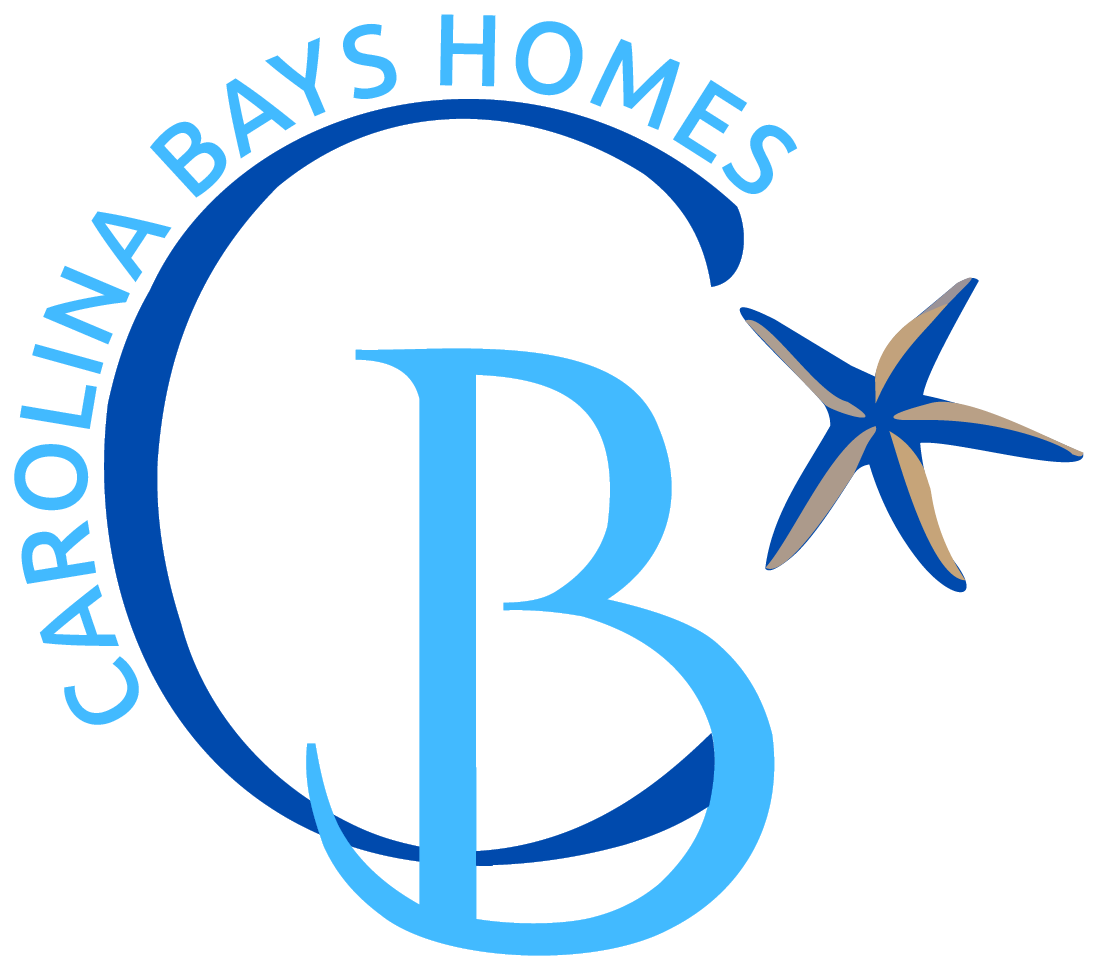How to Find the Best Real Estate Property in Myrtle Beach and Other Areas When You Live Elsewhere
Investing in real estate from a distance can feel daunting, but with the right strategy and tools, you can successfully identify and purchase excellent properties in remote areas without ever setting foot there initially. As a real estate company in Myrtle Beach, we talk to many out-of-state buyers that are interested in moving to the Grand Strand and know how exciting and yet challenging it feels. Therefore, we decided to make a guide for those looking to buy in a remote area when living in a different market. Whether you’re seeking a vacation home, rental investment, home for relocation or future retirement property, here’s your comprehensive guide to remote real estate hunting.
Essential Research Before You Start – Market Analysis from Afar
While finding a qualified Real Estate agent in your desired market is as helpful as any step you can make, sometimes you may prefer to do some of your own research to get started. Begin with thorough online research about your target area. Study recent sales data, price trends, and local market conditions using platforms like Zillow, Realtor.com, and local MLS websites. Pay attention to how long properties stay on the market and whether prices are rising or falling.
Look into the area’s economic drivers. What keeps the local economy stable? Major employers, universities, tourism, proximity to other cities, or growing industries? Understanding these factors helps you assess long-term investment potential and rental demand. For example, Myrtle Beach has the City of Conway nearby which has two of the top colleges in the country in Coastal Carolina University and Horry Georgetown Technical College. Having popular colleges in town brings in students than need housing and parents that may want to buy to be near their kids. Situations like this drive demand and help property values.
Understanding Local Regulations
Different areas have varying zoning laws, building codes, and local regulations. Research property tax rates, homeowners association requirements, and any restrictions on property use. Some areas have rent control laws, while others may have specific requirements for short-term rentals or investment properties.
Contact the local planning department directly. Most small-town officials are surprisingly helpful and can provide valuable insights about upcoming developments, infrastructure plans, or potential issues.Building
Your Remote Research Network – Connect with Local Professionals
Establish relationships with local real estate agents who specialize in your target area. Look for agents with deep local knowledge who understand the specific market dynamics, neighborhood nuances, and local factors that affect property values. They can provide insights that generic online research can’t capture.
Find local property inspectors, surveyors, and contractors before you need them. Having these contacts ready saves time and helps you move quickly when you find the right property.
Leverage Online Communities
Join Facebook groups, Reddit communities, and local forums for your target area. Residents often share insights about neighborhoods, upcoming developments, and properties that might not be officially listed yet. These communities can provide real-world perspectives you won’t find in official listings.
Digital Tools for Remote Property Hunting – Maximize Online Listing Platforms
Beyond the major sites, explore local realtor websites and regional MLS platforms. Many areas have specialized local sites or regional platforms that national sites might not fully cover. Different regions may also have popular local listing sites that aren’t widely known elsewhere.
Use satellite imagery and street view extensively. Google Earth’s historical imagery feature lets you see how areas have changed over time, helping you identify development trends, neighborhood improvements, or potential concerns about the area’s trajectory.Property Assessment Technology
Modern mapping tools can tell you surprisingly detailed information about a property. Check flood zone maps, school district boundaries, and crime statistics. Research local amenities, transportation options, and proximity to shopping, healthcare, and employment centers.
Use apps like various property information apps to understand exact property lines, neighboring properties, and local amenities. This helps you identify the property’s context within the neighborhood and understand what makes the location attractive or challenging.The Virtual Property Tour StrategyDemand Comprehensive Documentation
Request extensive photos and videos from listing agents. Ask for specific shots of potential problem areas like foundations, roofing, mechanical systems, and property boundaries. Don’t settle for generic listing photos.
Live Video Walkthroughs
Schedule live video calls with agents to walk through properties in real-time. This allows you to ask questions about specific features and get immediate answers about things photos can’t show, like noise levels, natural light throughout the day, or the general feel of the neighborhood and surrounding area.
Location and Accessibility
Properties in different areas may have varying transportation options, commute times, and accessibility to amenities. Evaluate public transportation, major highways, airports, and walkability scores. Consider how these factors affect both your personal use of the property and its appeal to potential renters or future buyers.
Research the reliability of local services and infrastructure. What’s the quality of internet service, utility reliability, and local services? Are there any ongoing infrastructure projects that might affect the property?
Future Development Potential
Investigate planned developments, infrastructure improvements, or major projects that might affect your property value. Sometimes areas experience growth due to new business developments, university expansions, transportation improvements, or other economic drivers.
Conversely, look for potential negative developments like planned industrial facilities, major construction projects, or changes in local regulations that could impact your property’s appeal or value.Making Offers and Closing RemotelyDue Diligence Without Being There
Never skip the professional inspection, even if it means coordinating with inspectors in a different market. Request detailed reports with extensive photos and videos, especially focusing on any regional-specific issues or building standards that might differ from your local area.
Hire a local representative – having a great a real estate agent or specifically a Realtor is a huge part of your buying process. Having a Realtor that you trust and they can act as your eyes and ears for final walkthroughs and closing procedures.
Closing Logistics
Many property transactions can be completed entirely online or through mail when you’re buying in a different area. Work with title companies experienced in handling long-distance transactions and ensure all documentation is properly handled across state or regional boundaries.
Plan for potential delays. Properties in different markets sometimes involve unfamiliar local processes, different legal requirements, or regional-specific considerations that can extend closing timelines compared to your local market.
Red Flags to Watch For
Be cautious of properties priced significantly below or above market value without clear explanations. Properties that seem too good to be true might have hidden issues like structural problems, legal complications, or negative area factors that local buyers understand but might not be obvious to outsiders. Your Real Estate agent can give you great guidance regarding news in the market about various areas.
Watch for agents who seem reluctant to provide detailed information or who discourage professional inspections. This could indicate they’re hiding problems or don’t have the local expertise needed to properly represent properties in their area.
Building Long-Term Success – Establish Local Connections
Once you’ve purchased a property in a different area, cultivate relationships with neighbors, local contractors, and service providers. These connections become invaluable for ongoing maintenance, local market insights, and understanding how your investment fits into the broader community.
The Bottom Line
Finding the perfect property in Myrtle Beach or any other market while living elsewhere requires patience, thorough research, and strategic use of technology and local connections. While it presents unique challenges, investing in different geographic areas can offer exceptional returns and portfolio diversification that local-only investments simply can’t match.
Take your time, do your homework, and don’t be afraid to walk away from properties that don’t meet your criteria. The right property in the right market is worth the extra effort – and with proper preparation, you can find it without unnecessary risks or surprises.
Remember that long-distance real estate investment is a marathon, not a sprint. Build your knowledge, establish your network, and trust the process. The perfect property in your target market is out there waiting for you. If you need assistance finding a property in the Myrtle Beach area or general real estate buying questions please reach out to us.







